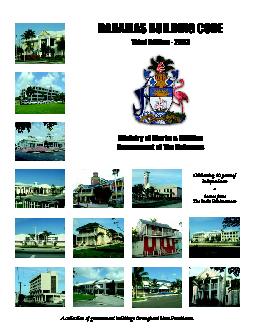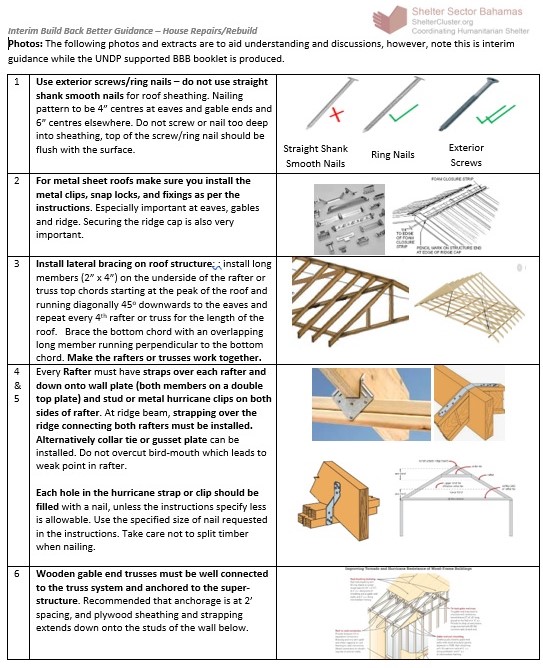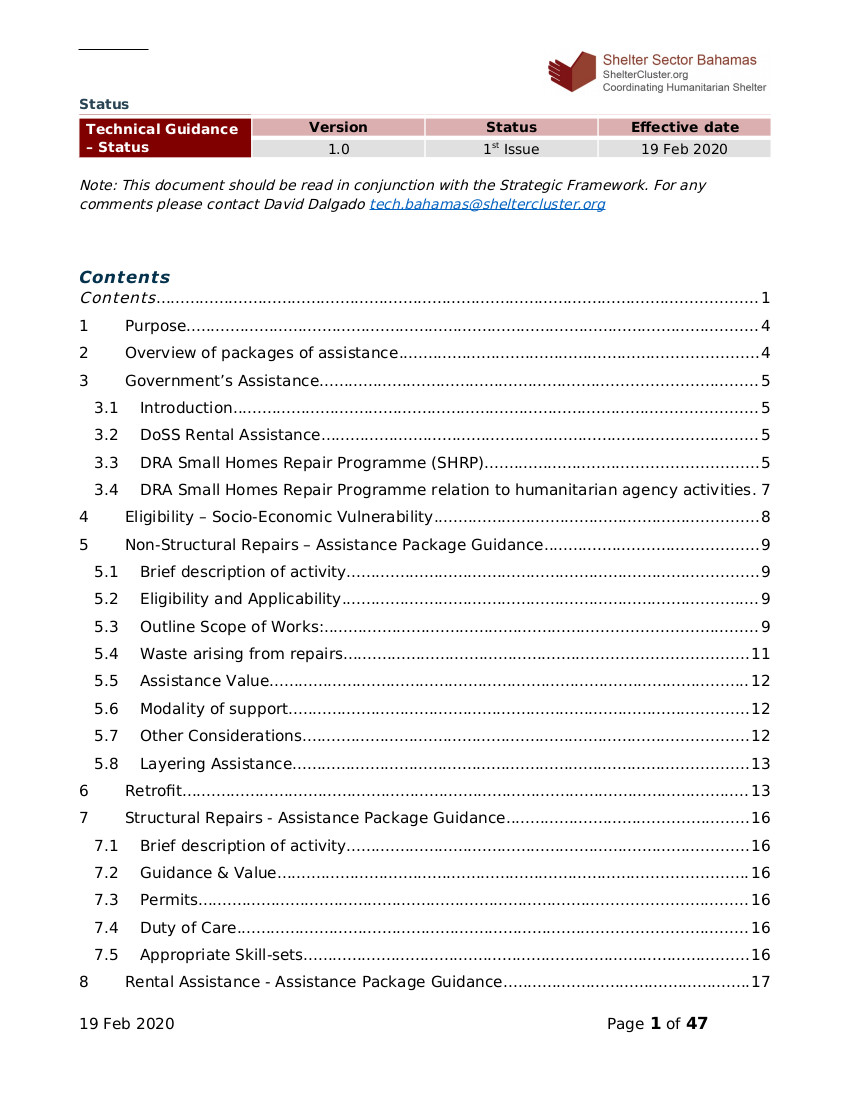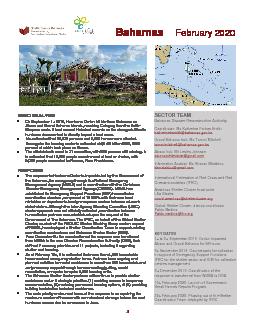Bahamas Hurricane Dorian 2019
Featured Documents
Overview
On September 1st 2019, Hurricane Dorian hit Northern Bahamas on Abaco and Grand Bahama islands, reaching Category 5 on the Saffir-Simpson scale. It beat several historical records as the strongest Atlantic hurricane documented to directly impact a land mass. It is estimated that 29,472 persons and 9,000 homes were affected. Damage to the housing sector is estimated at $1.48 billion BSD, 88.9 percent of which took place on Abaco. The official death count is 71 casualties, with 282 persons still missing. It is estimated that 15,000 people were in need of food or shelter, with 5,000 people evacuated to Nassau, New Providence.
The response to Hurricane Dorian’s impact is led by the Government of the Bahamas, for emergency through the National Emergency Management Agency (NEMA) and in coordination with the Caribbean Disaster Emergency Management Agency (CDEMA). NEMA has established its Emergency Support Functions (ESF) humanitarian coordination structure, composed of 15 ESFs with their own lead ministries or departments to align response sectors between relevant stakeholders. Although the Inter-Agency Standing Committee (IASC) cluster approach was not officially activated, coordination between humanitarian partners was established upon the request of the Government of The Bahamas. The IFRC, on behalf of the Global Shelter Cluster, as chair of the REDLAC Shelter Working Group and on request of NEMA, has deployed a Shelter Coordination Team to support existing coordination mechanisms and Bahamas Shelter Sector (BSS).
From December 3rd the coordination of the response was transferred from NEMA to the new Disaster Reconstruction Authority (DRA), that defined 7 recovery priorities and 11 projects, including 2 regarding shelter and housing. As of February 18th, it is estimated that more than 4,900 households have received emergency shelter items. Partners have ongoing and planned activities for rental assistance to more than 535 households and early recovery support through homes mucking/gutting, mould remediation, or repairs for up to 2,868 housing units.
The Bahamas Shelter Sector partners will continue to provide shelter assistance under 3 strategic priorities (1) enabling access to temporary accommodation, (2) restoring permanent housing options, & (3) providing building back better technical assistance. The main priority and current focus of the response is on repairing the maximum number of houses with non-structural damage before the next hurricane season due to commence in June.




